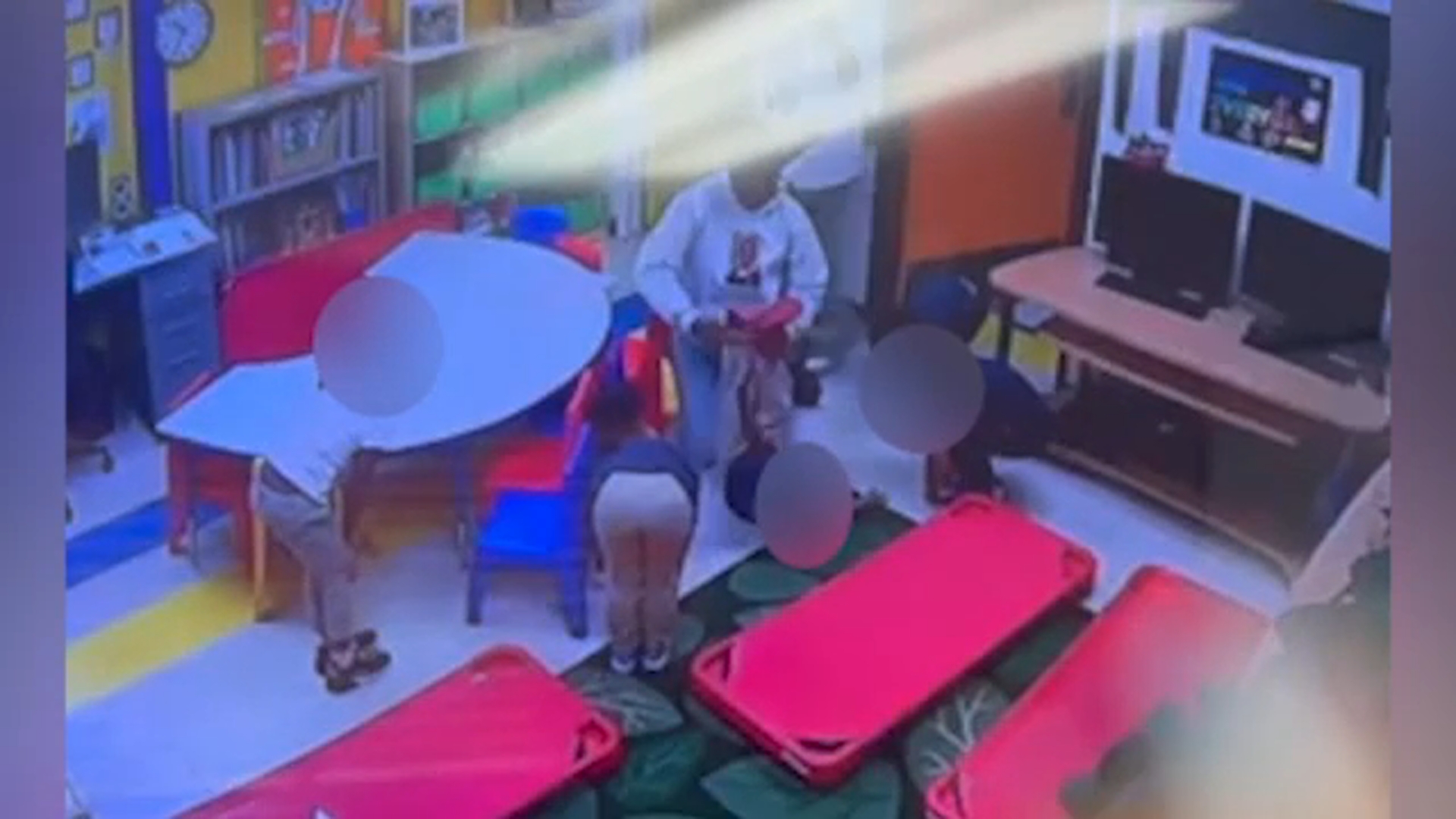Orthokeratology can correct vision while you sleep

LOS ANGELES (KABC) -- Glasses and contact lenses can be a lot of trouble for kids who are active and refractive surgery isn't usually recommended until age 21. Now, some optometrists offer another treatment that could have teens waking up to better vision.
Kaleigh Dooney is an active 10-year-old who loves swimming and gymnastics. But she's also nearsighted.
"I started noticing when I looked at the clock at school, because it was getting blurrier and blurrier each day," Kaleigh said.
Kaleigh didn't want glasses or contact lenses to slow her down during the day. So she decided to try something new - she wears special corrective lenses at night. When most people are taking their lenses out, Kaleigh is putting hers in.
"So once I got my contacts, it was so clear. I could read it if I was a mile away," she said.
The treatment is called orthokeratology or ortho-k. It involves customized contact lenses that gently flatten the cornea to correct myopia, or nearsightedness, during sleep.
"They actually put the lenses on and trap a layer of tear underneath the lenses, using the pressure of the tear to change the shape of the eye. So, flatten the cornea and after you take the lenses out in the morning, you're able to see clear, 20/20," said Dr. Albert Pang, an optometrist.
There is no surgery, no glasses or daytime contacts. The process is reversible and it may slow down the progression of myopia. But it does cost three times as much as regular contacts. Also, some refractive eye surgeons do not recommend it.
"Infection is the No. 1 problem that we worry about with any kind of contact lens, particularly at night. In fact, as an ophthalmologist, I discourage all patients from wearing contact lenses at night," said Dr. Dain Brooks, an ophthalmologist.
So far, Kaleigh hasn't had any problems. Her grades are straight As and she's seeing better than ever.
"She was able to skip the glasses phase completely. She just went straight from having the board blurry in school to being able to see clearly," said Kaleigh's mother, Staci Dooney.
All she had to do was sleep to see the benefits.
Myopia, or nearsightedness, has been increasing dramatically over the past 40 years. Some attribute this to spending too much time in front of screens from laptops, tablets and phones.
Dr. Pang says 80 percent of his patients who choose ortho-k are 7 to 17 years old.









